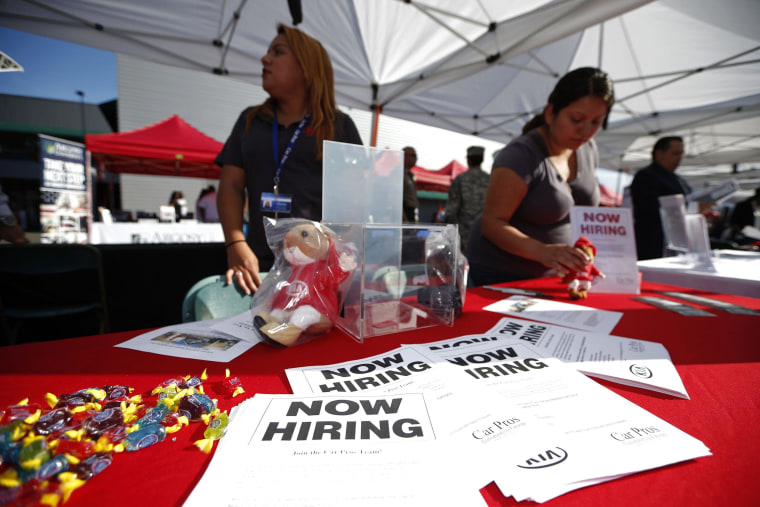The plunge in the stock market and weaker growth in the U.S. and abroad look to have taken a toll on American economic optimism.
The CNBC All-America Economic Survey finds views on the current state of the economy about stable, with 23 percent saying it is good or excellent and 42 percent judging it as fair. About a third say the economy is poor, up 3 points from the June survey.
But the percentage of Americans who believe the economy will get worse rose 6 points to 32 percent, the highest level since the government shutdown in 2013. And just 22 percent believe the economy will get better, 2 points lower than June and the lowest level since 2008, when the nation was gripped by recession.
The All-America Survey is conducted by Hart-McInturff, which also produces the NBC-Wall Street Journal poll. The CNBC poll of 800 Americans was conducted Oct. 1-4 and has a margin of error of plus or minus 3.5 percentage points.
Inequality to Drive 'Massive Policy Shift,' BofA's Michael Hartnett Says
The decline in optimism was fueled by rising concern among some of the most upbeat demographics from previous CNBC polls. For example, the percentage of Democrats who say the economy will improve fell 7 points to just 29 percent. Among those with incomes greater than $100,000, optimism fell a massive 17 points to just 19 percent. The decline among the wealthy suggested that at least part of the rise in pessimism can be linked to the plunge in the stock market.
U.S. growth has also been lackluster, likely fueling the change in attitudes. A weak first quarter was followed by a rebound in the second quarter but another apparent weakening in the third quarter. Job growth has also slowed.
Views on the stock market, not surprisingly, deteriorated as well. Overall, 46 percent of the public say this is a bad time to invest in stocks, a 12-point gain from the June survey. Just a third of the public say it's a good time invest. Attitudes eroded among the wealthy and those with considerable sums in the stock market as well.
Toxic Algae May Threaten West Coast Marine Economy for Years
Real estate remained the top investment choice, picked by 39 percent of Americans. It has steadily gained in popularity since the depths of the recession in 2008. But stocks and gold serve as a running barometer of greed and fear in the public's mind, jockeying for the No. 2 position from survey to survey. In the last survey, gold edged out stocks as the most popular investment for 25 percent of Americans, compared with 21 percent for stocks. Equities had beaten gold in the June survey.
One good piece of news: 40 percent of Americans believe their wages will rise in the next year, slightly more than in the previous survey. The average American looks for a 4 percent gain in wages, down a half point but still high by the post-recession standards.
